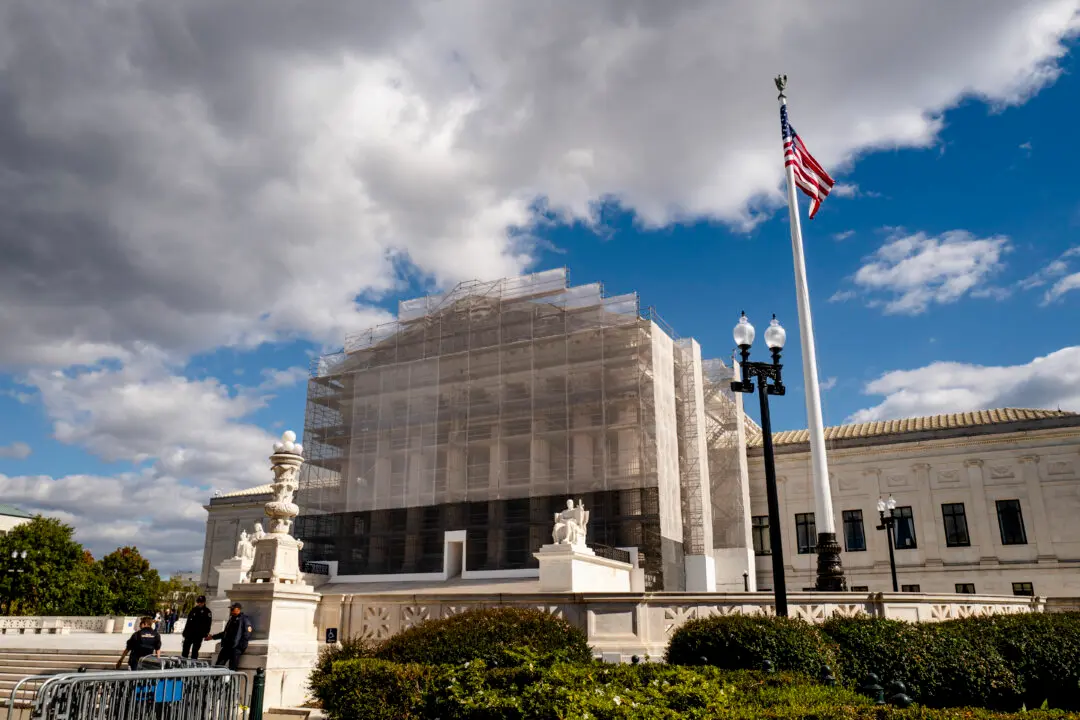Commentary
Viewpoints
Opinion
Understanding the Constitution: How States May Respond to Illegal Immigration, Part V: About Birthright Citizenship
This final part looks at the Constitution’s words “natural born Citizen” and the claim that U.S.-born children of illegal immigrants are “birthright citizens.”

Illegal immigrants who passed through a gap in the U.S. border wall await processing by Border Patrol agents in Jacumba, Calif., on Dec. 7, 2023. John Fredricks/The Epoch Times




